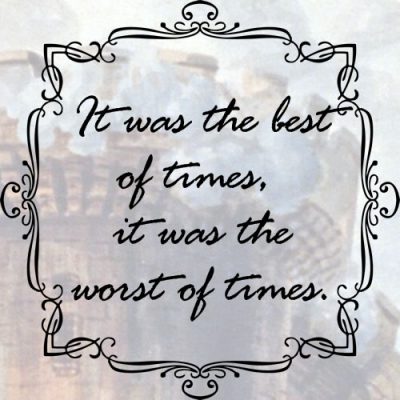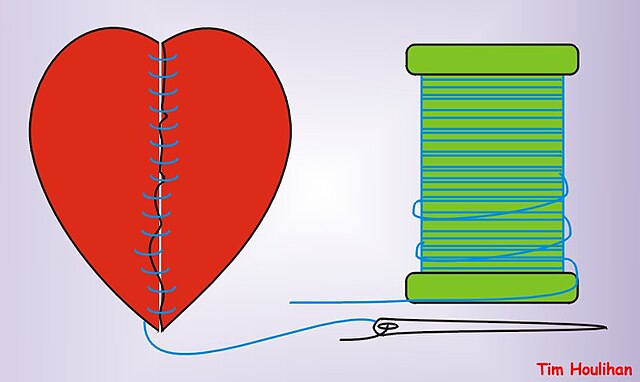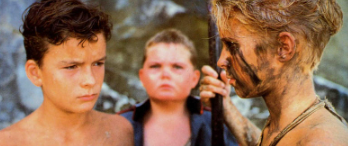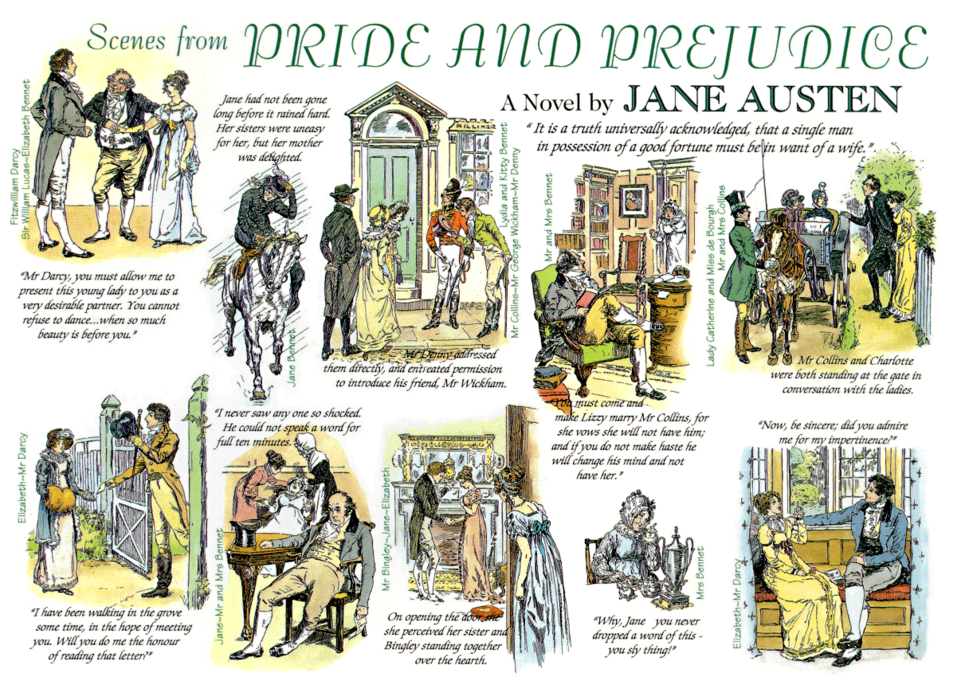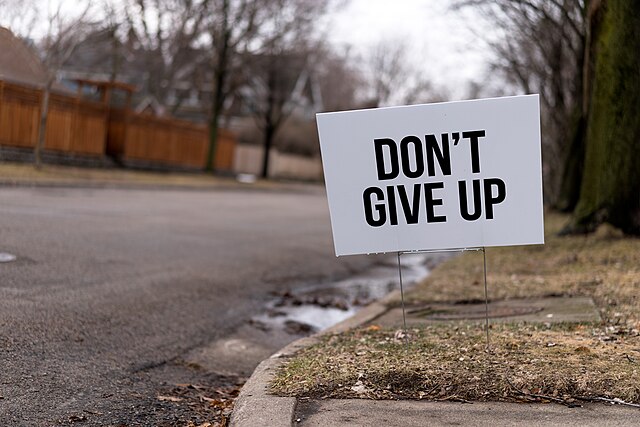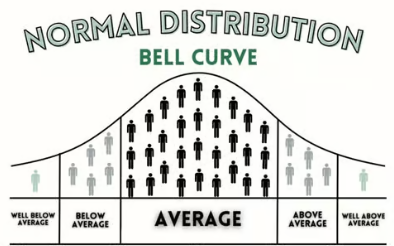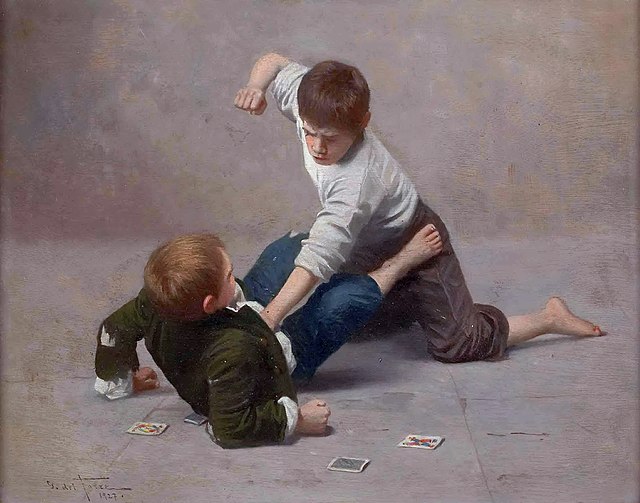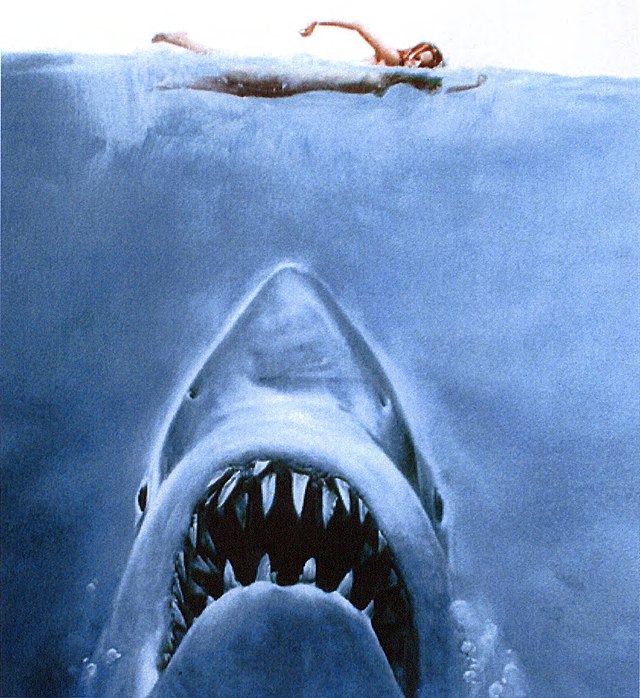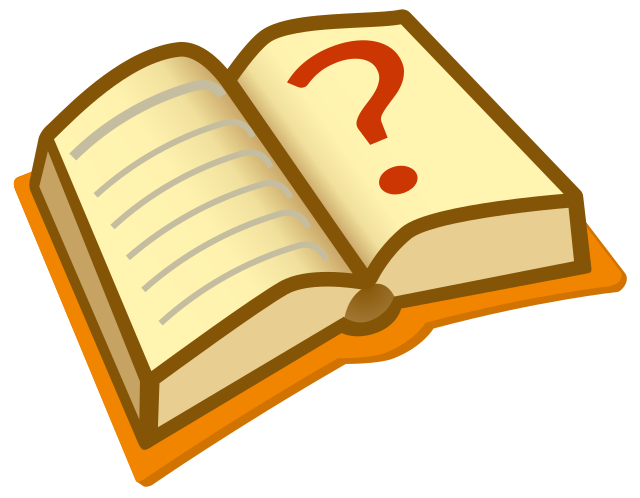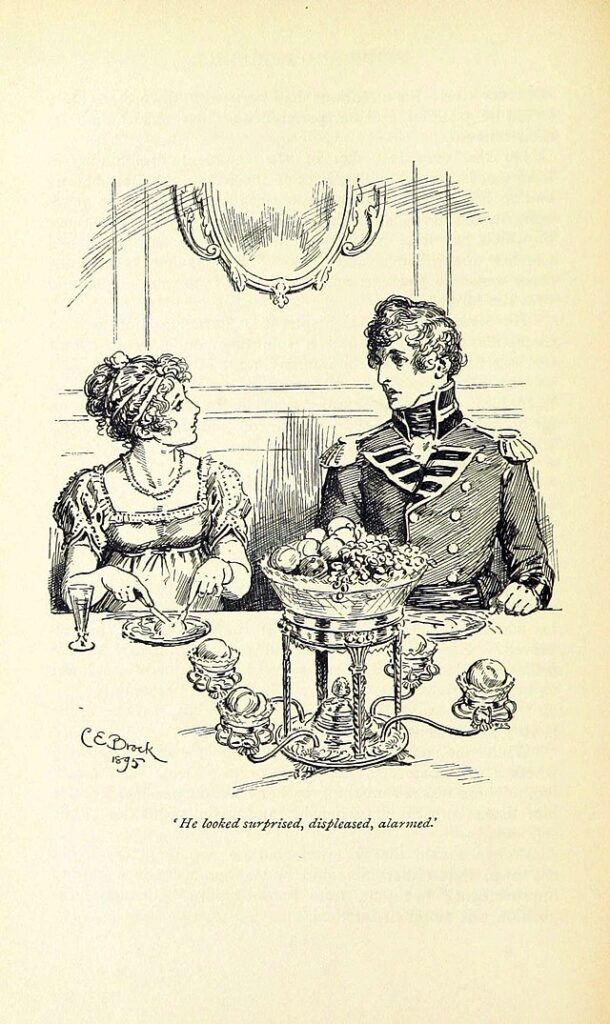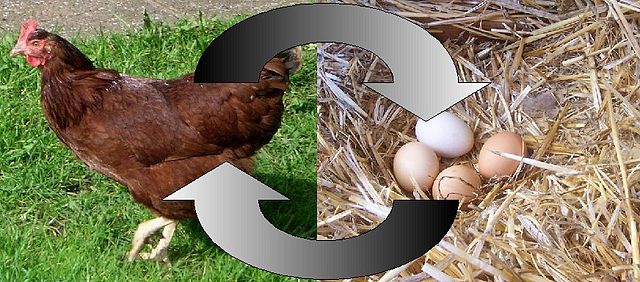Research

I tend not to write novels that require a lot of research (regular readers will be aware that I write romance/fantasy and psychological suspense-type books). I’ve got to admit, I don’t know how writers of sci-fi, police procedural and historical fiction do it. To be creative within the constraints of physics, the law and the intricate details of a time period, maintaining authenticity and believability and avoiding the ‘well that couldn’t possibly have happened!’ exclamations of what are often eagle-eyed readers, seems like a mountain I’d find far too daunting to climb. Of course, if an author is an expert in their field (e.g. Clare Mackintosh is a former police officer) this certainly helps!
I’ve always been awed by hard sci-fi novelist, Stephen Baxter. He writes so-called ‘Future Histories’, stories encompassing possibilities in terms of evolutionary biology, and alternate histories. He has degrees in Maths and Engineering and is a Fellow of the British Interplanetary Society. I think he’s an absolute genius and visionary. His novels have truly blown my mind with their ideas and expansiveness.
Historical fiction author Philippa Gregory has degrees in History and Eighteenth-Century Literature. Her novels set during the fifteenth-century Wars of the Roses, such as The White Queen, are incredibly immersive.
But do you need to be an expert to write these genres? In a recent interview, Clare highlighted the value of reading fiction and non-fiction, and even watching TV as research for writing crime novels. Of course, there’s also the internet, libraries etc. Perhaps it’s the case that if you put enough time in, in the right areas, and have a passion for the subject, you can MAKE yourself an expert in it – Malcolm Gladwell’s 10,000-hour rule?
Practical Research
Thriller writer Eve Seymour reports: “In the interests of research, I’ve flown in helicopters, spent a memorable evening with firearms officers in a laser-simulated training suite, flown to Berlin and Barcelona, both for location hunts, and talked to people working at the United Nations and those connected to various charities involved with refugees and victims of war.
All this comes with a warning: if you’ve spent your hard-earned money on obtaining information or oceans of time fact finding, there is a temptation to slay the reader with your newly acquired fund of knowledge. A few books ago, an editor once told me: ‘This is really interesting, Eve, but it doesn’t add anything to your story. Cut.’
I did. Lesson learned.”
Now I don’t have the time, budget or confidence to ride in helicopters (I’m afraid of heights), travel the world (though I’d love to) or approach expert strangers (but I know I need to become more comfortable with this – in her Honest Authors podcast, Gillian McAllister often mentions how unbelievably helpful people are to authors who reach out to them), and I rely heavily on Google. However, we all know that the internet is the Wild West of information and a single source shouldn’t be relied upon, therefore I try to cross-reference so-called facts. For example, I’ve started buying books on crime scene investigation and police procedure, written by those in the know, in preparation for an ambitious idea that I have. I’m aware that some experts, e.g. retired police officers, pathologists, ballistic experts etc offer paid services – an option, perhaps, for those writers, who, like me, are a bit shy about asking for help from strangers.
Emotional Research
Eve says: “All writers are amateur psychologists. We need to know how people tick and how they respond. While you might not experience what it’s like to be shot at, you will know what fear feels like, just like you’ll know how it feels to have loved and lost, loved and found the woman or man of your dreams, got the job you always wanted, failed to get the job you always wanted, passed your driving test, or failed it for the millionth time and, dare I say, obtain agent representation after slogging away for years, or feel the cutting pain associated with your umpteenth rejection.
In essence, we all know what it’s like to feel lonely and unhappy, elated and sad, frustrated and angry and everything in between. These are the emotions you draw on for your characters so that, when you describe them, they are a true representation.
‘Okay,’ you might say, ‘I can do all of the above, but how do I write about something well outside my sphere of experience, for example, the trauma associated with violent crime, either as perpetrator or victim?’
Simply put, it’s hard to avoid cliché, stereotype, and melodrama when tapping into trauma, if you have no direct experience of it. Again, crime readers are bloodhounds at spotting false notes. Best advice is to, firstly, ensure that the stakes are raised high in your story so that characters are forced to grapple with powerful, life-on-the-line events. Be bold in this regard. Think of the worst that can happen to your character then make sure it does. This way, you’ll ensure that your characters are properly motivated to respond truthfully.
Sneak right under their skins and imagine the extremes of human behaviour and what it does to people.
If this doesn’t work, you could always try a more ‘nuts and bolts’ approach, and talk to a psychologist or someone trained to help people who have encountered tragedy in their lives.”
Experience
I don’t write novels which require a lot of practical research. I tried a World War Two romance once and I was stopping every other sentence to look up things like, what would a family of this class in this year have eaten for breakfast? What were their clothes made from? Did they even use this slang phrase in those days? It was a nightmare!
My degree is in Psychology, and I’ve always been interested in why people behave in the way they do. I’ve also struggled with mental illness and, while I would rather not have been through what I have, a silver lining is that I have first-hand experience of dealing with extreme emotion, trauma and recovery, all of which can be drawn from when writing about characters’ internal complexities.
I’d also add that I feel authors have an innate sense of empathy, and a depth of imagination, that in themselves are an instinctive form of research (everyone we meet is a character study, right?). Perhaps this is even the most important form of research. Afterall, the ability to ask ‘What if’ and ‘How would I feel in situation x?’ questions are fundamental starting points to writing fiction.
Final Thoughts
Is your genre research-heavy? How do you navigate this aspect of writing?
Do you have any tips or advice regarding how to conduct effective research?
How important is accuracy to you as a reader/writer? Does it get in the way of story?
Structuring Scenes
How to craft scenes with purpose
I watched another excellent webinar recently. The content was helpful as both a planning tool and as an editing tool. Scene structure mimics story structure, but on a…
On The Honest Authors’ podcast, Gillian McAllister once mentioned that she was asked, “Do you really think that?” about something controversial she’d written in one of her novels….
Bear With Me! Okay, this is probably a weird analogy but this is how my (bird-brained!) mind works. So, in terms of the title question, I’ve thought long…


